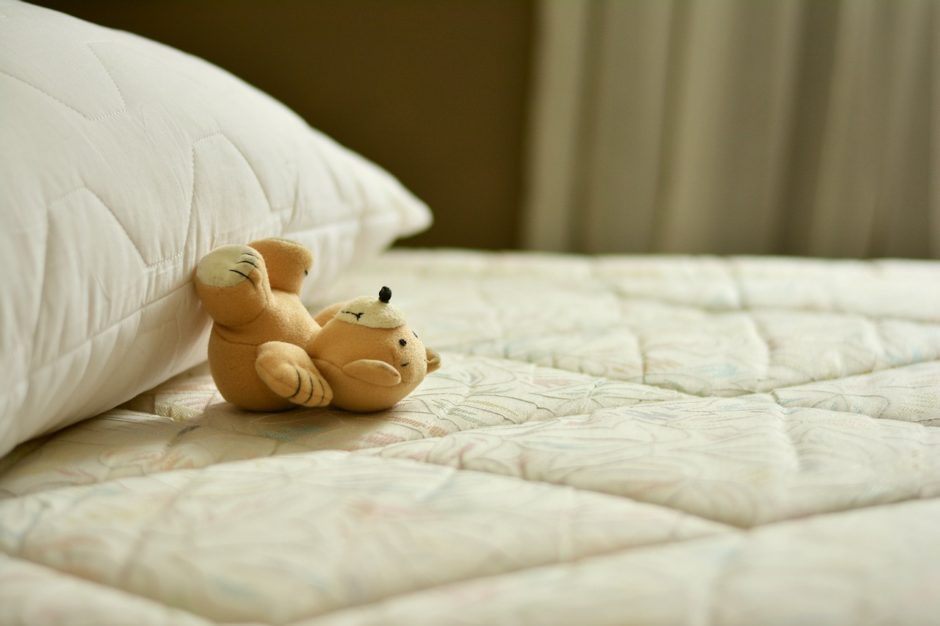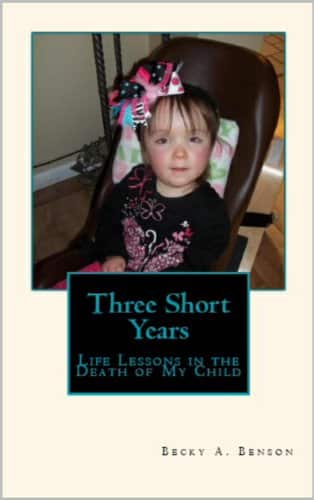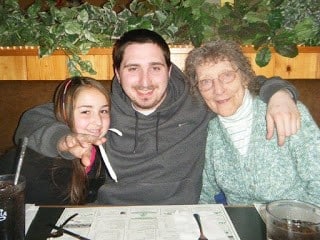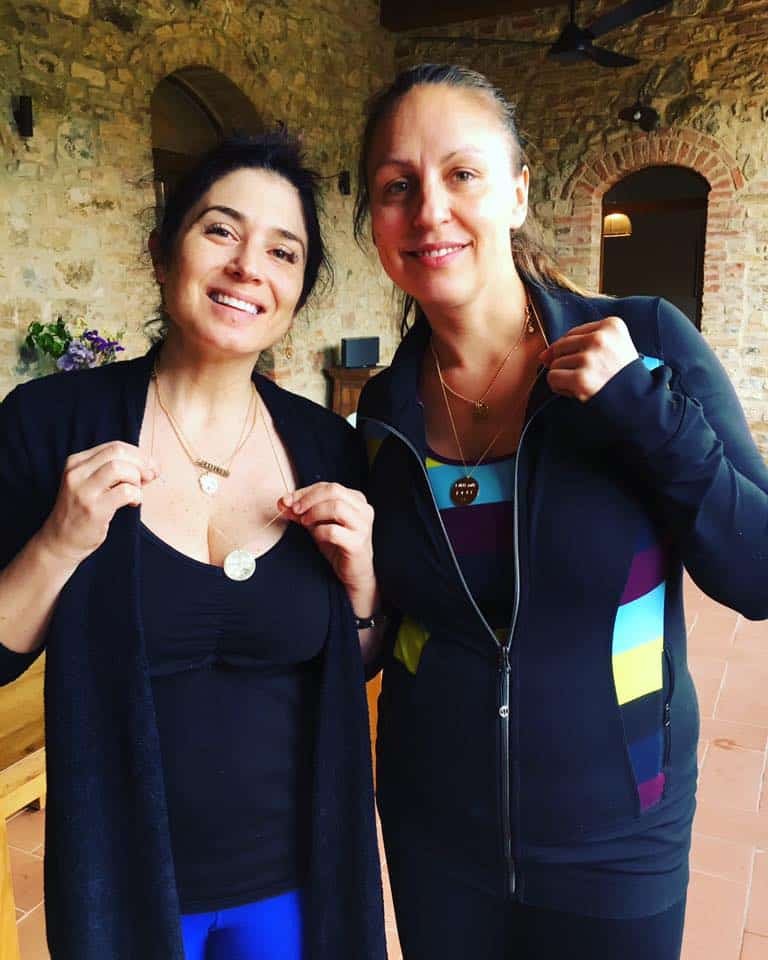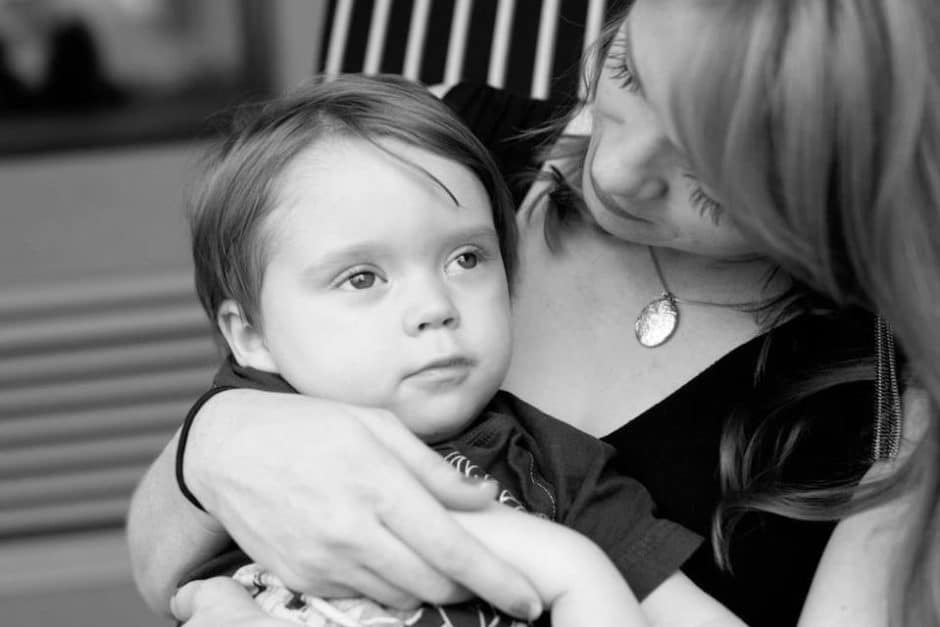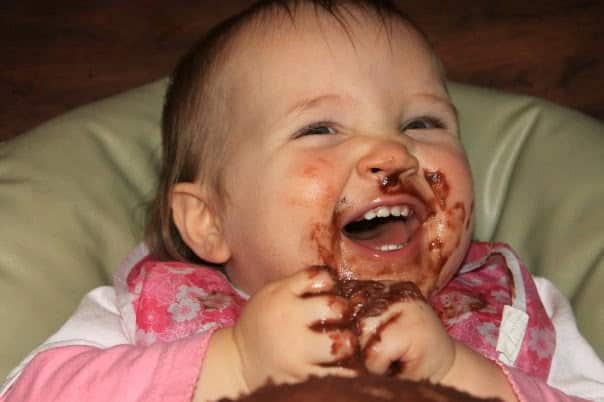By Becky Benson
Seven years on and the dreams keep coming. Not with any discernable rhyme or reason; rather they enter my unconscious thought seemingly beholden to nothing other than their own unknowable will. They’ve never been exactly alike, no repeating patterns, and for all other intense and purpose one would assume there was no connection between them at all. It’s the underlying theme that connects them; one of grief and guilt.
It’s the details, so subtle they seem to play no real part in the story working itself out in my sleep-filled mind. So trivial they are of no concern to plot of the wakeless movie my brain projects against the backs of my eyelids. There’s never any alteration due to my actions. After it happens a scene may simply stop, or the story moves along without addressing it again. Only when I wake does the panic take the place of the air in my lungs. And only in my wakeful mind does any of it make any sense.
It’s the only time I dream of her. Never seeing her when I’m in a realm of happiness or a state of content. The dreams themselves only ever spin a terrifying line of questioning that lacks rationale, but presents itself to me as unavoidable reality, nonetheless. Dreams that ceaselessly rip open the innerworkings of my thoughts and force me to contemplate my deeply buried fears.
It could be hours, days or even weeks, and in my dreams I always forget. It’s my fault, and I didn’t do enough. She’s laid there, unable to move the slightest bit or cry out the smallest cry, for who knows how long before I realize I have to feed her. I forget again and again. I never give her enough. I don’t give it to her often enough. I try, but it never works. She’s on the periphery of whatever else I’m doing, and by the time I realize it, it’s always too late. She needed it long before. And then she’s gone.
Over and over again it isn’t enough. Over and over again in my dreams, as it was in life, I couldn’t save her.
Tay-Sachs disease is a genetic condition that is always fatal. Infants who are born with the flawed recessive genes their parents passed on to them will suffer a relentless regression of their mental and physical abilities until death; usually by the age of four. As their bodies shut down they will not develop the ability to walk or talk as typically growing children do, rather they will become paralyzed and blind, suffer seizures, and lose their ability to swallow, and all of their mental cognition.
Feeding was laborious and difficult. Her inability to swallow well consumed my daily routine. If liquids were too thin, she would choke, if her food was too thick, she couldn’t chew. I desperately fed her four ounces at a time, five times a day ensuring I maintained that perfect balance of nutrition, hydration, and caloric density that carried her body to the next morning. Never more than four ounces at a time as she tired so quickly from the effort it took to consume even that small amount. I blended in peanut butter, melted butter, bananas and heavy cream. Scoops of formula and PediaSure accompanied strawberries or chocolate milk. Baby food, step two, not three; three has chunks, were fortified with cereal flakes or Miralax, depending upon necessity.
Feeds could take up to half an hour each time, and even at that, she was lucky she was still highly functioning enough to eat by mouth at all. Lucky she wasn’t aspirating her food, or her medication at that point.
I lived my life, day in and out for her. I happily carved out a routine that was dedicated to her as the center of our world, and our every waking moment was spent making sure she had what she needed to survive for as long as she could.
It wasn’t long enough. She died at the age of three years and four months, and even though I had known all along it was coming it’s something a mother can never truly prepare for. It goes against everything we hold dear and that rings true in nature for a parent to lose a child.
I don’t remember when the dreams began, but they’ve haunted me since their inception. I couldn’t fix her. I couldn’t save her. She was broken in this world. I knew it. It was biology. I wasn’t afraid to confront the reality of it; I just despised the fact that it was our reality. As a mother, facing the impending loss of your child is a soul crushing place to exist.
Grief and rationale rarely go hand in hand, so while I logically know that there was nothing I could do better, and nothing I did wrong, something inside always screams at me, clawing its way to the surface of my conscious thought that it was I who wasn’t enough. I, her mother; the utter failure with the dead child. We have one job as parents; it’s to keep them safe from harm. One job. I couldn’t do it. And in the end, it’s true, I couldn’t. I couldn’t stop Tay-Sachs from ravaging her body, and I couldn’t stop it from ripping her from this world and my arms. Nothing I could have done better, or more, or different would have changed it, but still the dreams come.
They’ve shifted, recently. It isn’t always her any longer. Sometimes it’s kittens. In the dreams they live in our garage. I never quite know where they came from, but sometimes I remember they’re there. So small and unassuming, hiding in dark corners without sound or movement. I realize it’s been weeks since I’ve fed them, given them water. I’ve forgotten their existence altogether, all over again, and I search through the maze of boxes and overflowing items to find out if they’re still alive.
Waking I recognize the garage as the garage of my childhood home, but in the dream it’s the garage in my home of today. It’s cluttered and cramped, and no place to keep a living animal. I never know why they’re there, and I never think to bring them into the house. I just remember, finally, after all seems lost that they need food and water.
A couple of weeks ago a friend of mine posted a question on Facebook asking about what recurring dreams people have. I shared my experiences with this, and how logical me knows it all stems from emotional me’s irrational feelings of failure toward her. I wrote on the thread that I didn’t think these dreams would be as impactful as they are if she were still here. We as parents are given new opportunities each and every day to make more and more mistakes, but when we see our children living and thriving, we know it’s all ok. Parents of loss don’t have the confirmation of their actions having been the correct choices. We don’t have the luxury of tomorrow. Our children are gone, and whether we attribute that to our own actions, or lack thereof, we will never be able to rectify their loss within our hearts.
Predictably, someone else, someone I don’t know chimed in on the thread with some unwanted advice for me. He said, “Becky, I am sorry you are having those dreams. I’m certain once you are able to let the guilt go those dreams will end. Think of the great dreams you could be having about her. Love and hugs”.
I was mildly irritated. It was something so flippantly obviously that certainly shouldn’t deign to be pointed out, especially by someone who likely couldn’t relate on a personal level (I took the liberty of assuming he couldn’t relate first-hand since he didn’t state his own loss of a child). “As if it’s just that easy”, I thought. Of course I need to let the guilt go. I have nothing to feel guilty about, this is just how my particular brand of grief seems to manifest, no matter my attempts to avoid it, or face it hear-on to change it in these last seven years. I didn’t respond. In the end, he was trying for kindness, and I should accept it for that.
I didn’t give the comment any more thought and went about my way. Last night I dreamt that I was with her again. My husband was with us. We had somewhere to go, but I stopped us before we left. Thinking that we’d be out a fair amount of time, I recognized that I should feed her then, before we left. I filled her bottle, expertly mixing the correct proportions of the necessary ingredients and fed her smoothly and easily. When I she was done, I began to mix up some food for her in a bowl. It was soft, but chunky. It needed to be mashed. I mashed it by hand repeatedly, taking great care and concern to achieve the correct consistency. I fed it to her gingerly spoonful by spoonful until she had eaten it all. For the first time, I looked longingly at her and relished in the fact that she was well fed. It felt like an accomplishment. I remember smiling. The was no more of the dream after that. It vaporized like dew in the sunshine.
Perhaps I had sat with this form of grief, repeatedly emotionally beating myself down long enough. Was finally speaking it aloud all I had to do? Was hearing the validation that my guilt was unnecessary all I needed? Will the dreams stop now?
Becky A. Benson lives in Washington State. Read her work on Modern Loss, Brain.Child, Modern Mom, The Manifest Station, her Three Short Years blog, and in the pages of Taylored Living Magazine. She has both written and Spoken for Soulumination, The National Tay-Sachs and Allied Diseases Association, and The Center for Jewish Genetics. Purchase a copy of her memoir, Three Short Years, based on the death of her daughter from Tay-Sachs disease, here or connect with her via Rise: A Community for Women.
Upcoming events with Jen
****
THE ALEKSANDER SCHOLARSHIP FUND

